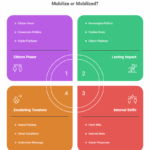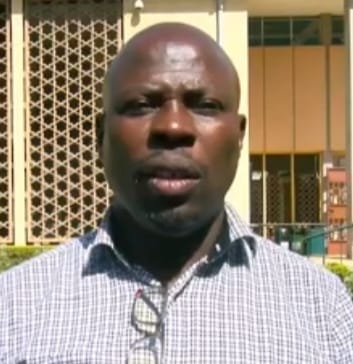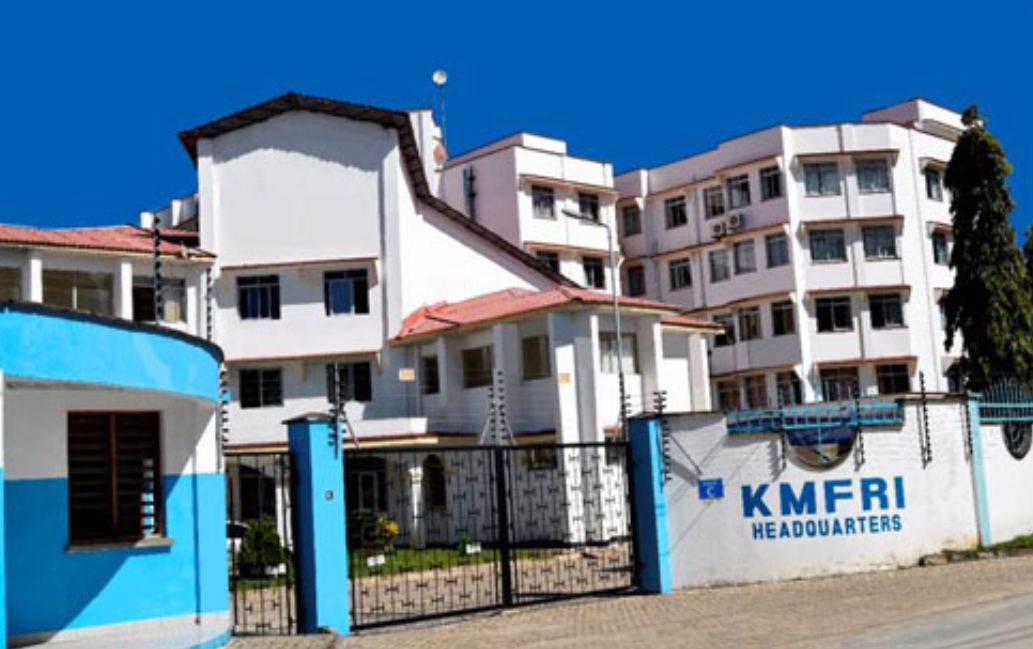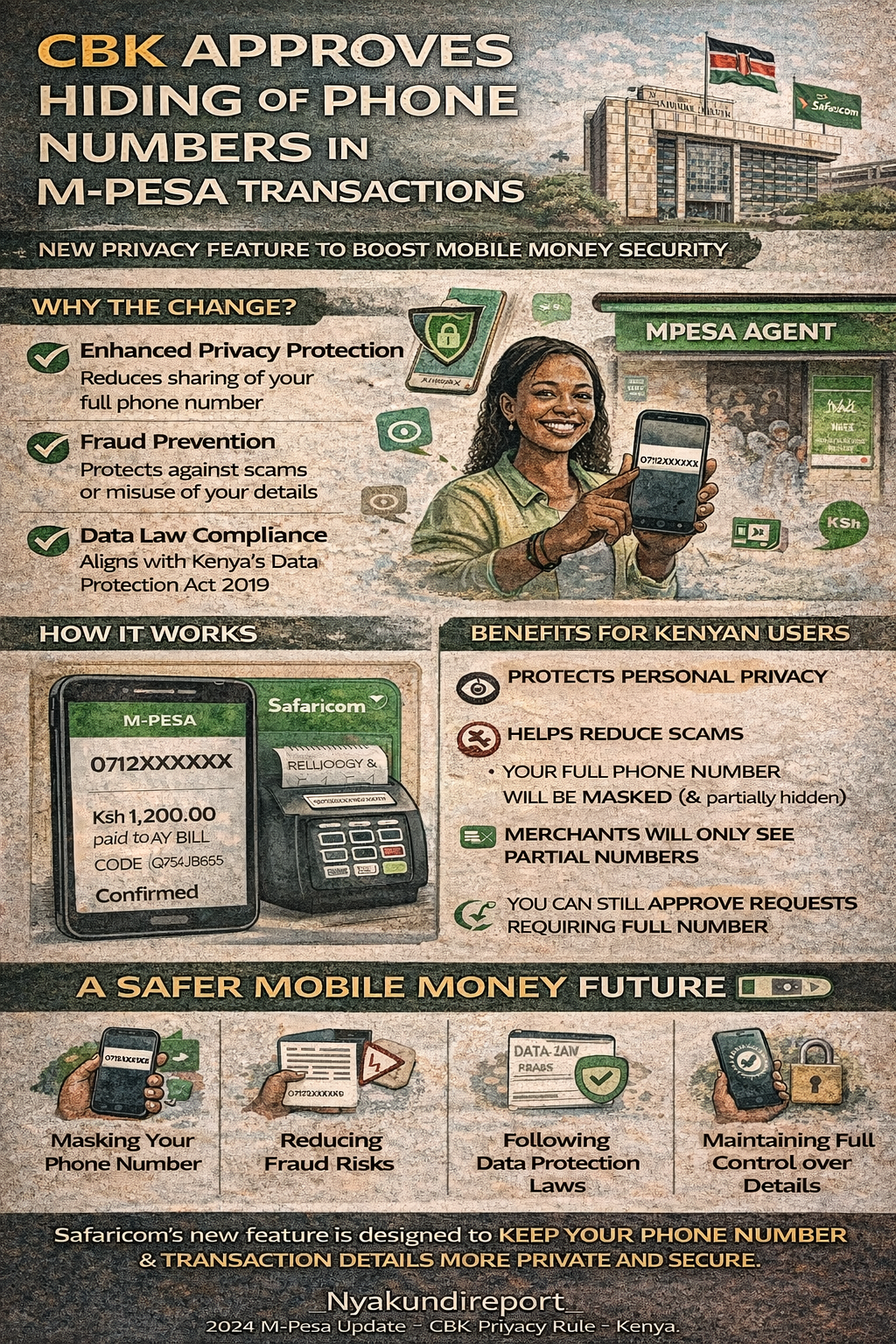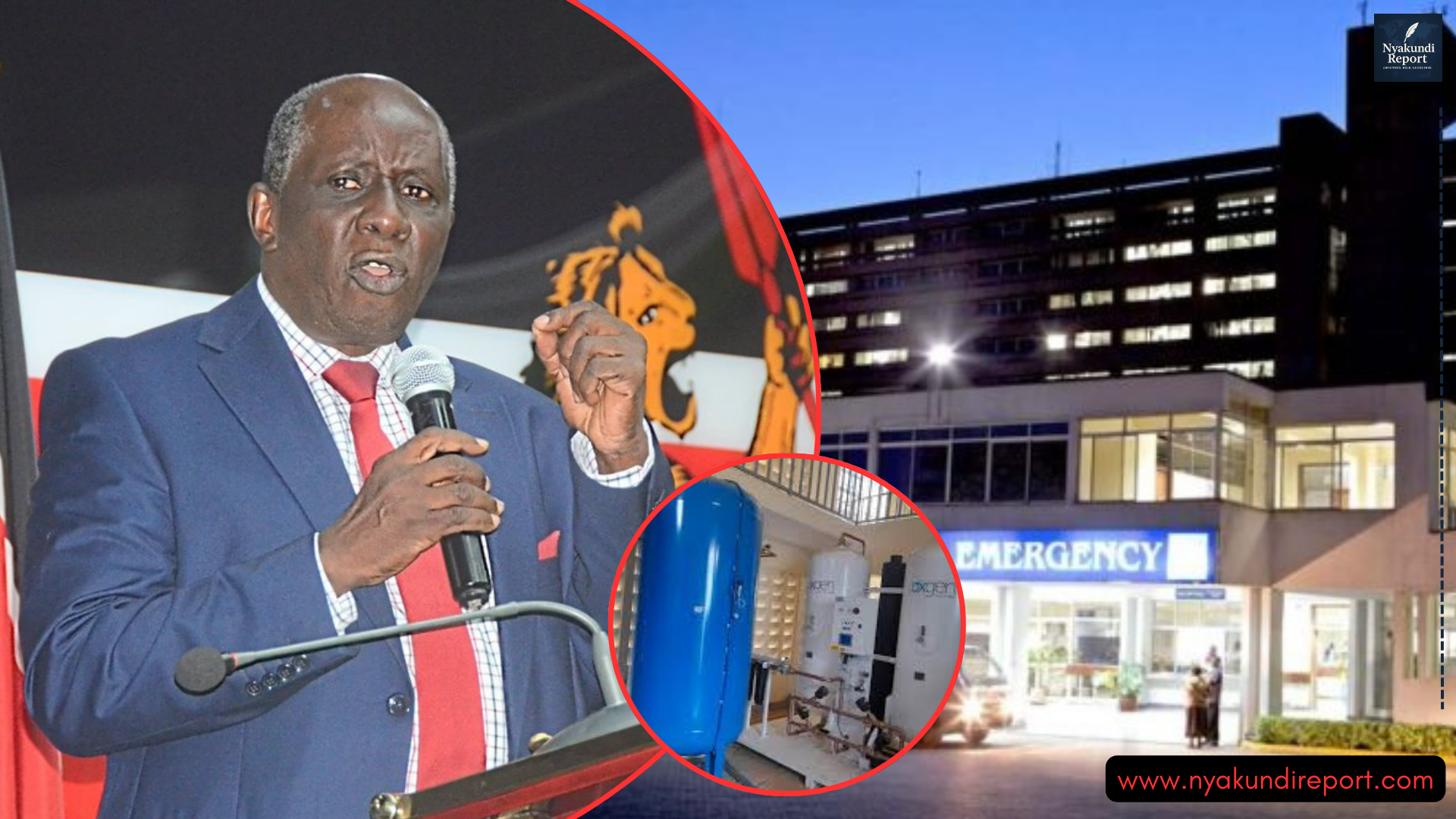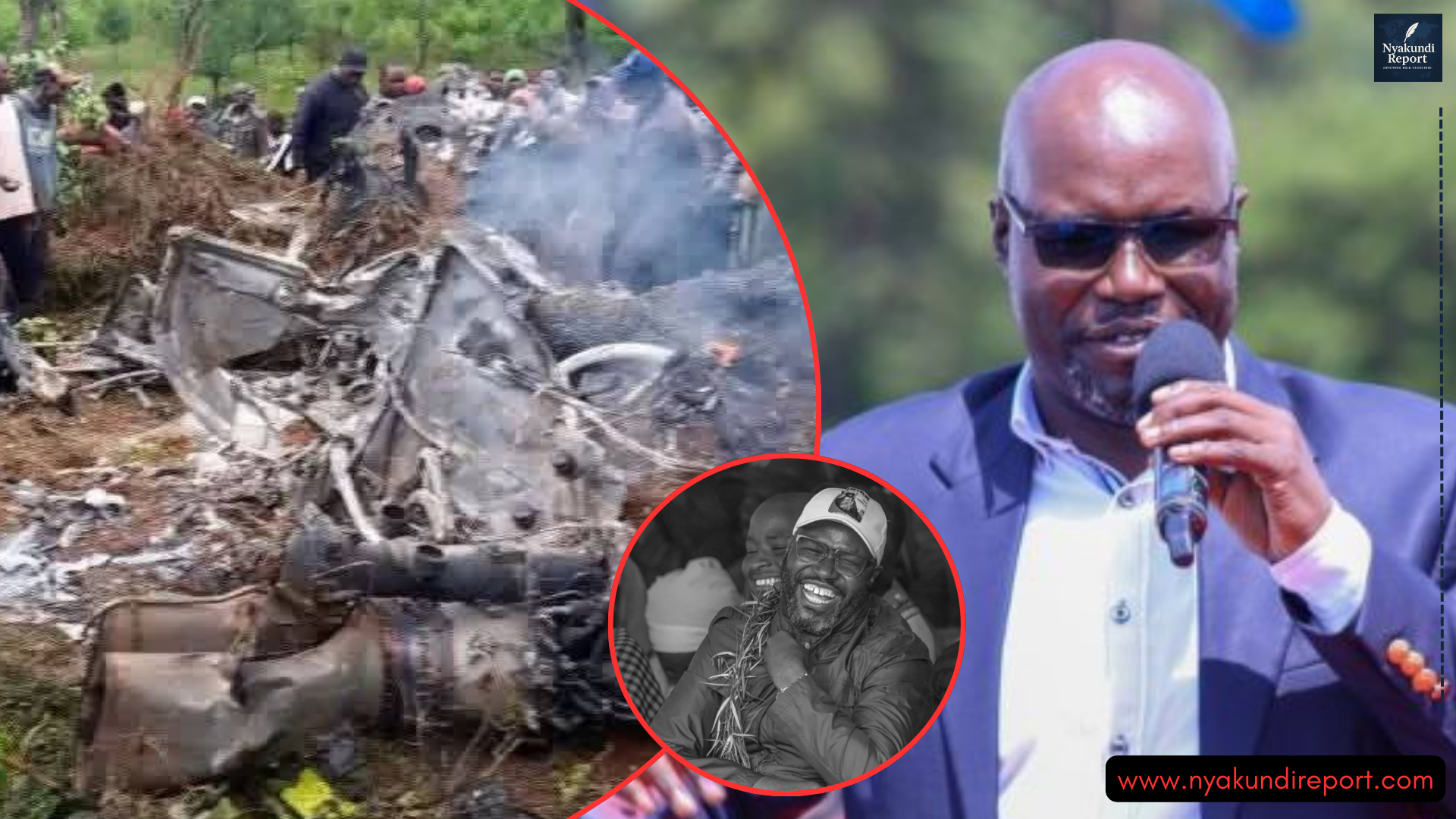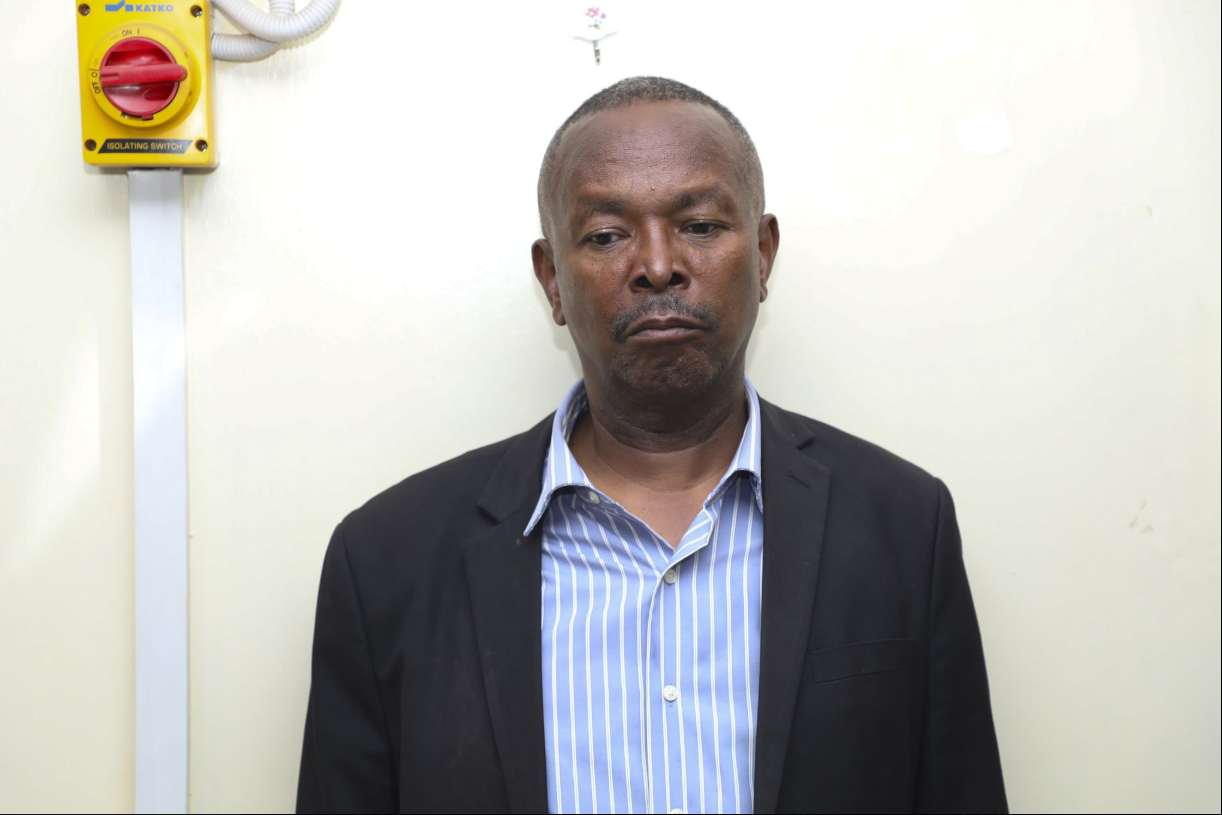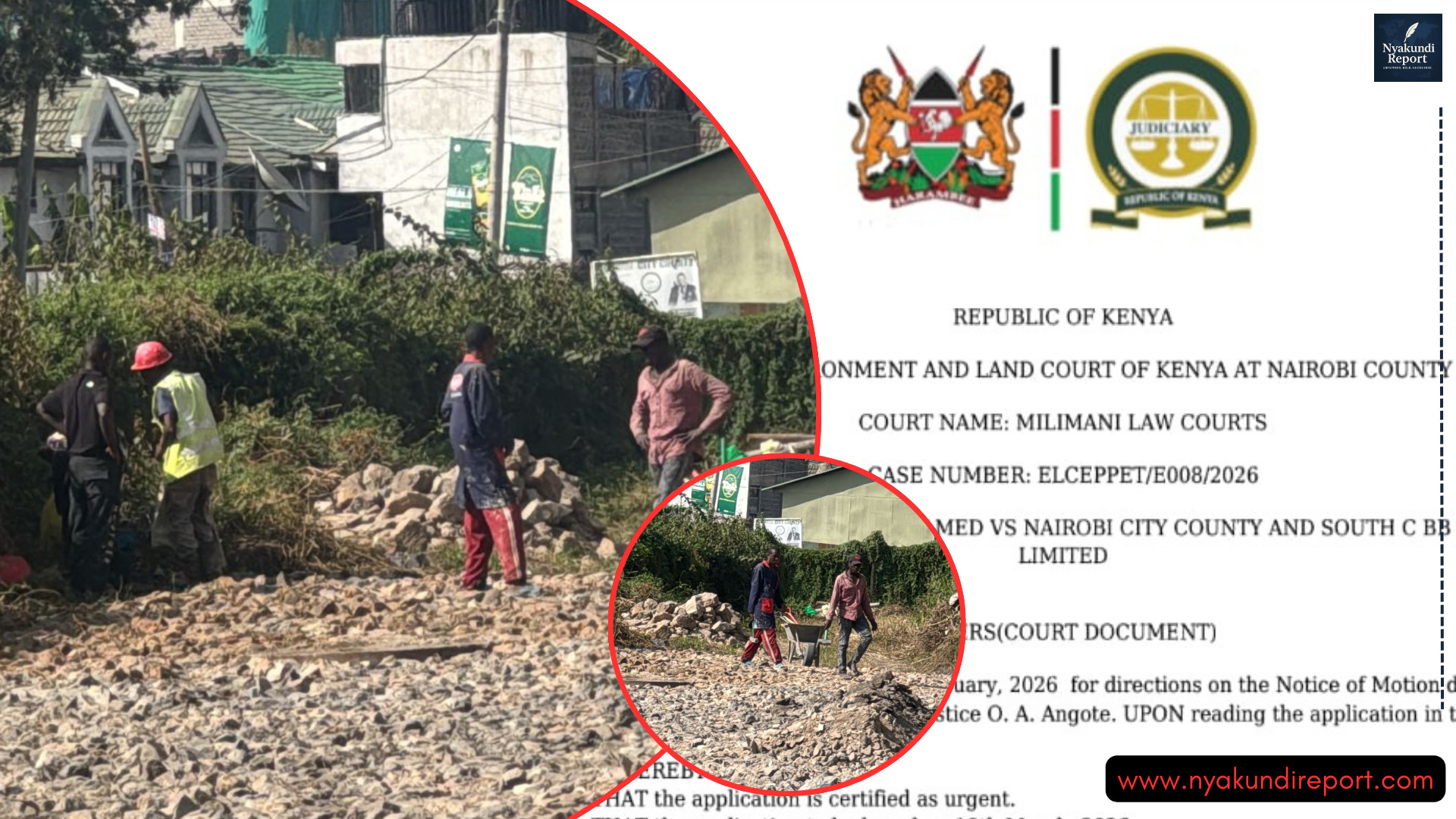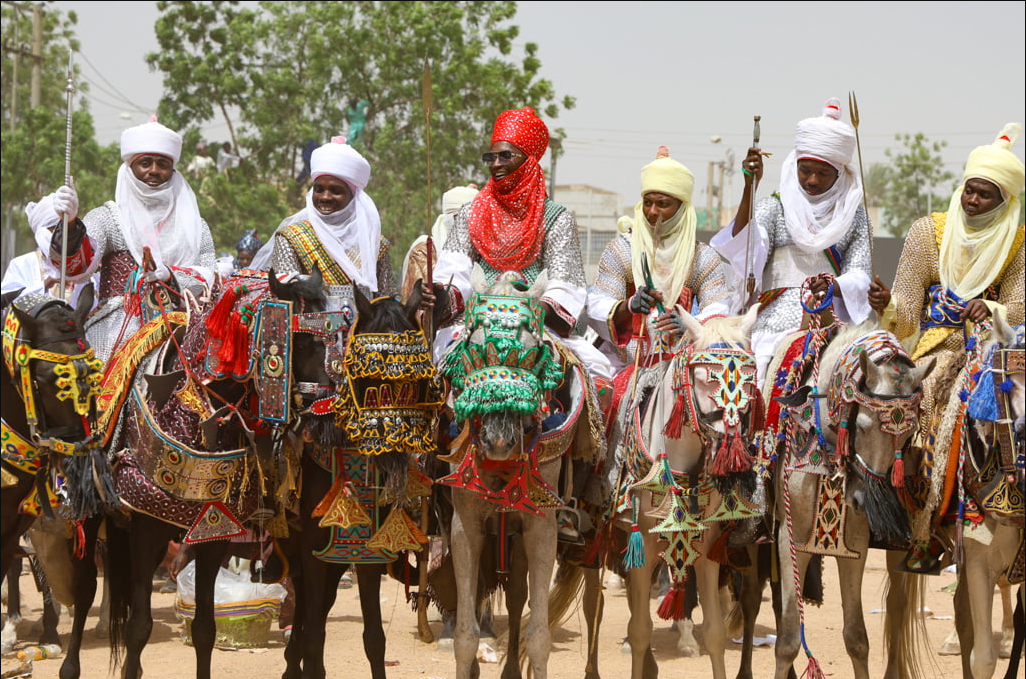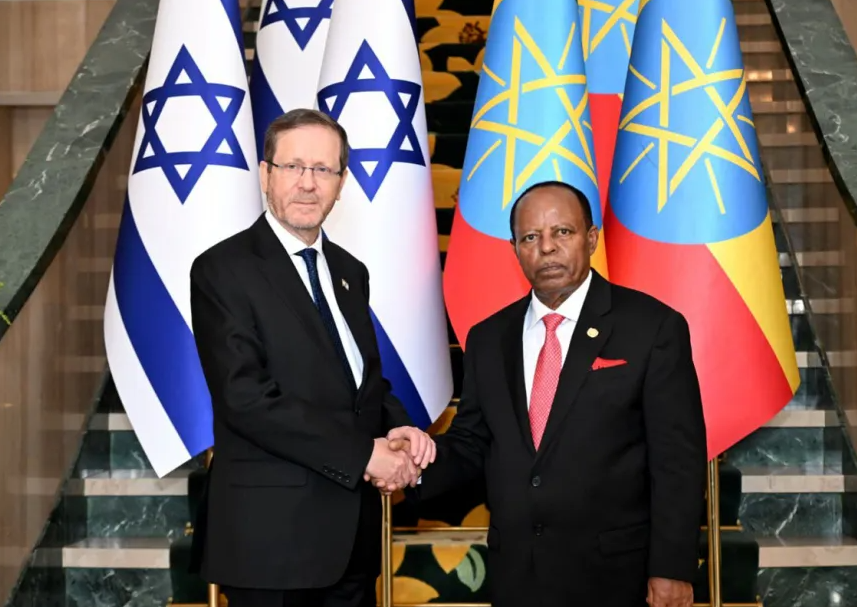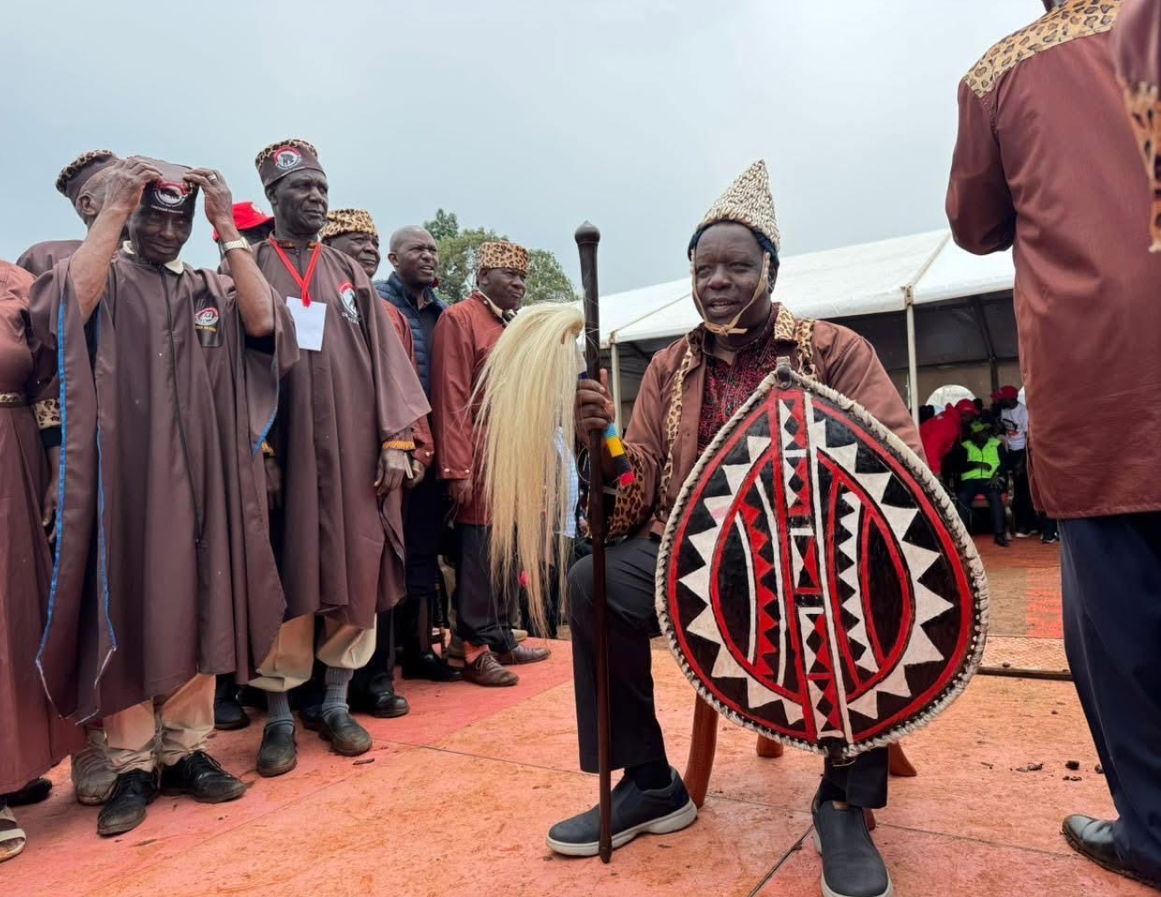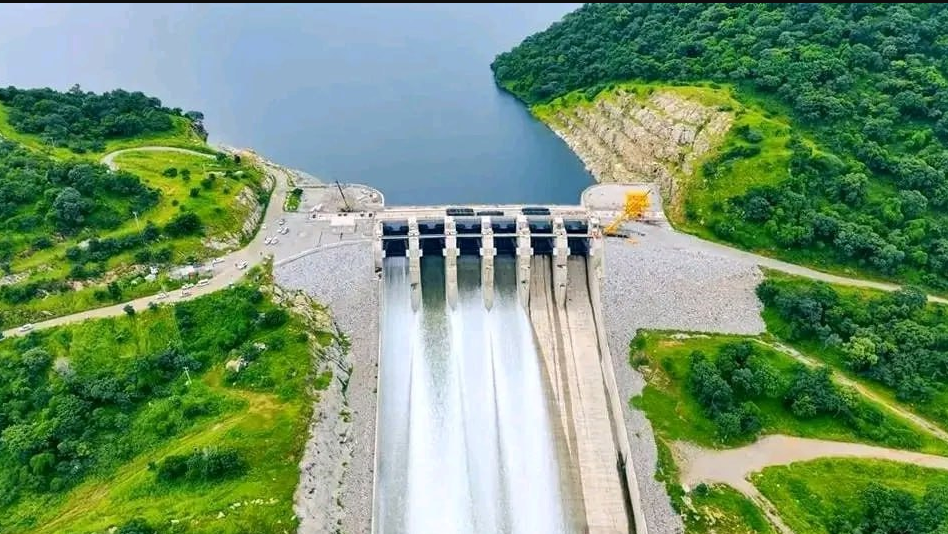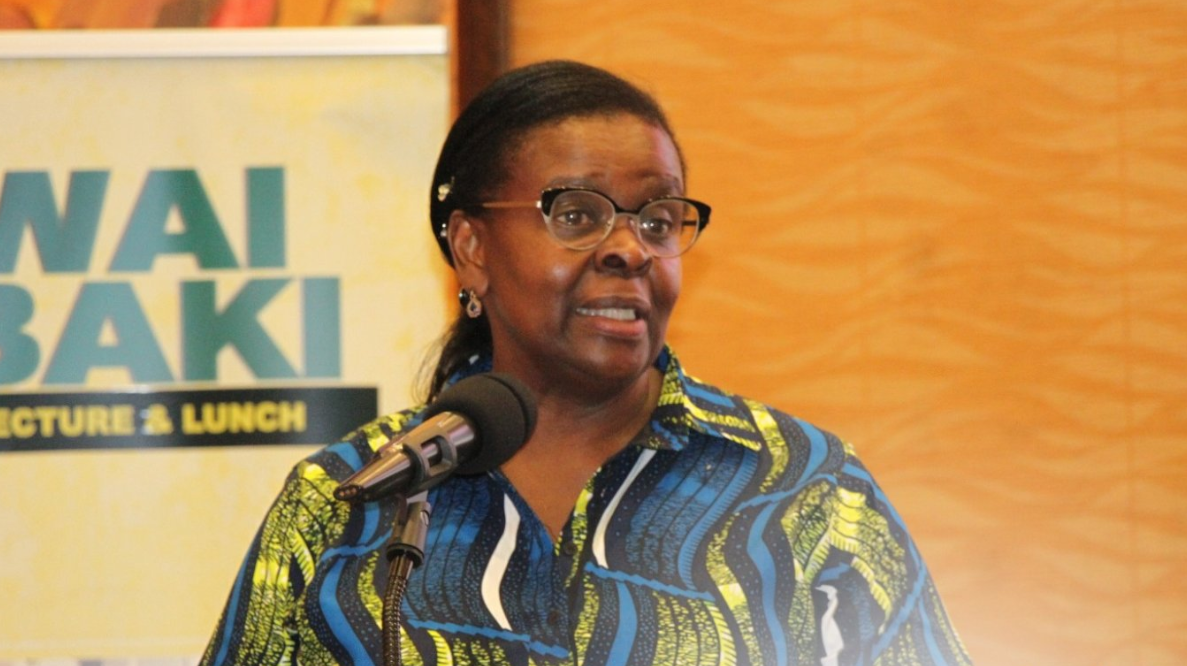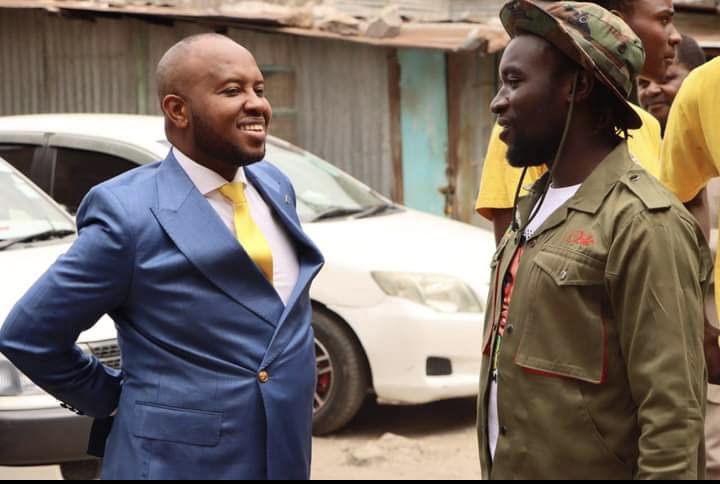The British Broadcasting Corporation (BBC) has fired back at Interior Cabinet Secretary Kipchumba Murkomen over his explosive claims that its groundbreaking documentary ‘Madams: Exposing Kenya’s Child Sex Trade’ was fake. Murkomen accused the BBC of paying, pampering, and coaching sources to tell false stories about child sex trafficking in Mai Mahiu.
In a strongly worded statement, BBC rejected every allegation, calling them dangerous lies that attack survivors of abuse and undermine the fight against Kenya’s underground trafficking network.
The broadcaster defended its work as an act of public interest journalism and vowed not to let politics silence the voices of the women who risked everything to speak out.

BBC Rips Into Murkomen Over Mai Mahiu Madams Allegations
The British Broadcasting Corporation (BBC) has launched a fierce rebuttal against Interior Cabinet Secretary Kipchumba Murkomen, dismissing his explosive claims that its groundbreaking documentary ‘Madams: Exposing Kenya’s Child Sex Trade’ was fake.
Murkomen alleged that the BBC bribed, pampered, and coached sources to fabricate stories about an underground child sex trafficking network in Mai Mahiu. He further claimed that some witnesses falsified their ages to appear as minors, undermining the investigation.
The BBC fired back, defending its journalism and the survivors featured in the film. They accused Murkomen of misrepresenting facts and warned that his statements could endanger vulnerable survivors who risked everything to speak out.
BBC Defends Integrity of the ‘Madams’ Documentary
The BBC’s statement, issued on Thursday, August 14, flatly rejected the government’s allegations.
“For clarity, none of the contributors featured in this film were paid, offered payment or ‘coached’ in any way,” BBC Africa Eye said.
They clarified that all interviewees were over 18 at the time of filming, but had suffered sexual abuse when they were minors. This, they said, was clearly stated in the film.
The BBC called ‘Madams: Exposing Kenya’s Child Sex Trade’ “an important piece of public interest journalism” and thanked the survivors for their courage in recounting traumatic experiences.
The exposé revealed a deeply entrenched child sex trafficking network in Mai Mahiu, allegedly run by women known as “madams.” Undercover footage showed them offering children, some as young as 13, to potential clients.
CS Murkomen’s Counterclaims Raise Questions
Appearing before Parliament on August 13, Murkomen claimed his ministry’s post-documentary investigations found four women alleging that the BBC had contacted them under the pretext of arranging a fake foreign sponsorship programme.
He said some girls who appeared in the exposé allegedly falsified their ages to qualify for this supposed programme.
Murkomen also alleged that the two women shown as ringleaders in the documentary had since gone into hiding after being promised large sums of money.
He further suggested that many witnesses in the BBC documentary were linked to each other, implying collusion in their testimony.
BBC Accuses Ruto Government of Intimidating Survivors
The BBC expressed concern over how Kenyan authorities handled the matter, accusing Directorate of Criminal Investigations (DCI) officers of interviewing survivors without legal counsel present.
Human rights advocates have long warned that government interference in sensitive cases like this often discourages survivors from coming forward, especially when those accused have powerful political connections.
The BBC stressed that its team had gathered the evidence through undercover work, not fabricated testimonies, and that the integrity of the exposé remained intact.
Public Reaction Intensifies Pressure
The documentary’s release sent shockwaves across Kenya. Citizens took to social media, demanding the immediate arrest of the two alleged madams and calling for deeper investigations into child sex trafficking networks in the country.
Many Kenyans have also accused the government of trying to distract the public from the real issue—the sexual exploitation of minors—by attacking the credibility of investigative journalists.
Civil society organizations have rallied behind the BBC, urging authorities to prioritize protecting survivors instead of discrediting their accounts.
Murkomen’s attack on the Mai Mahiu Madams exposé has triggered a fierce standoff between the Kenyan government and one of the world’s most respected media houses.
While the BBC insists on the credibility of its findings, the controversy has put global attention back on Kenya’s battle against child sex trafficking—and the political forces that may be undermining it.

